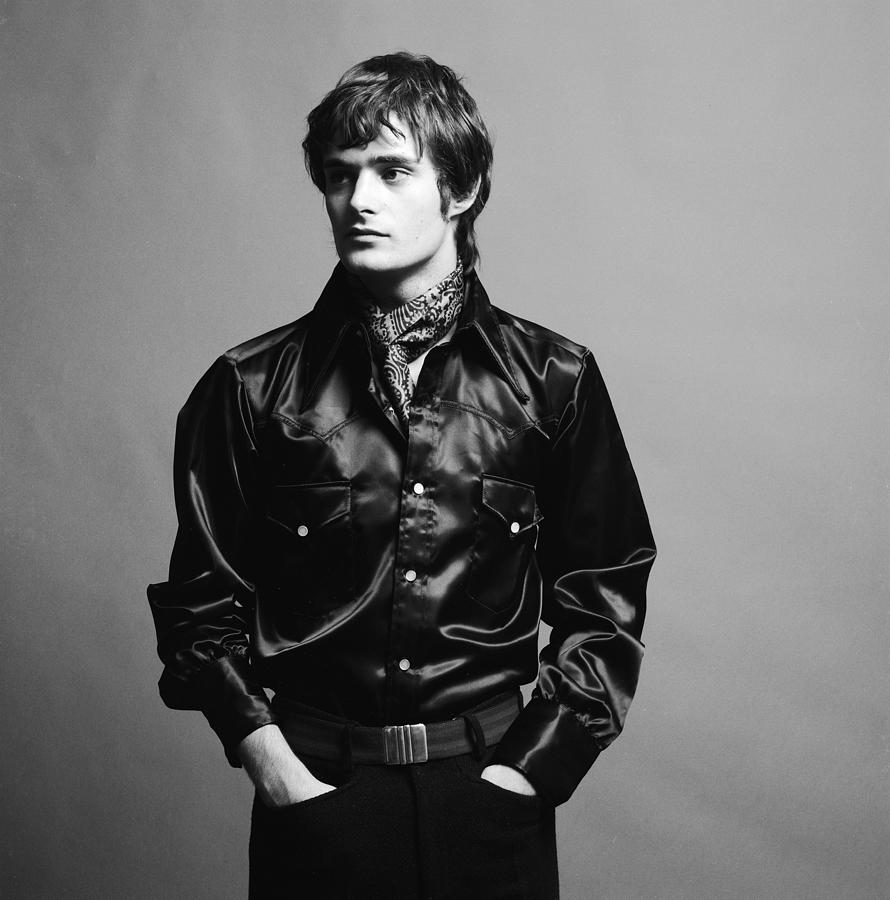Leonard Whiting is a name that resonates deeply with fans of classic cinema, particularly for his iconic role in Franco Zeffirelli's 1968 adaptation of "Romeo and Juliet." With a career that has spanned decades, Whiting has captivated audiences with his remarkable talent and charisma. In this article, we will explore the life, career, and enduring legacy of this extraordinary actor.
From his early beginnings in the entertainment industry to his notable filmography, Leonard Whiting's journey is one of passion and dedication. He has not only made a mark in film but has also ventured into theater and television, showcasing his versatility as an actor. As we delve into his story, we will uncover the various facets of his career and the impact he has made on the world of acting.
This comprehensive analysis aims to provide insights into Whiting's life, his contributions to the arts, and the reasons why he remains a beloved figure in the industry. Join us as we navigate through his biography, notable works, and the influence he continues to wield in the realm of performing arts.
Table of Contents
- Biography of Leonard Whiting
- Early Life and Career
- Breakthrough Role: Romeo and Juliet
- Theater Career
- Filmography Highlights
- Personal Life
- Legacy and Influence
- Conclusion
Biography of Leonard Whiting
Leonard Whiting was born on March 30, 1950, in London, England. From a young age, he displayed a passion for the performing arts, which eventually led him to pursue a career in acting. With a natural talent for performance and a dedication to his craft, Whiting quickly gained recognition in the industry.
| Personal Information | Details |
|---|---|
| Name | Leonard Whiting |
| Date of Birth | March 30, 1950 |
| Place of Birth | London, England |
| Occupation | Actor |
| Notable Work | Romeo and Juliet |
Early Life and Career
Whiting's early life was marked by a strong interest in the arts. He attended a performing arts school, where he honed his skills as an actor and developed a love for theatrical performance. His breakthrough came when he was cast in the role of Romeo in the film adaptation of Shakespeare's classic play.
Initial Acting Roles
Before his iconic role in "Romeo and Juliet," Whiting appeared in several stage productions and television shows. His early performances helped him build a solid foundation in acting, showcasing his versatility and talent.
Breakthrough Role: Romeo and Juliet
Leonard Whiting's portrayal of Romeo Montague in Franco Zeffirelli's "Romeo and Juliet" catapulted him to international fame. The film, released in 1968, was a critical and commercial success, earning multiple awards and nominations. Whiting's chemistry with co-star Olivia Hussey, who played Juliet, was widely praised, contributing to the film's lasting impact.
Impact of the Film
- Revolutionized adaptations of Shakespeare's works.
- Introduced a new generation to classic literature through cinema.
- Whiting's performance is still regarded as one of the best portrayals of Romeo.
Theater Career
Following the success of "Romeo and Juliet," Whiting continued to pursue a career in theater. He showcased his acting skills in various stage productions, earning acclaim for his performances. His love for live theater allowed him to connect with audiences in a unique and powerful way.
Notable Theater Productions
Some of the notable theater productions Whiting has been a part of include:
- Hamlet
- The Merchant of Venice
- West Side Story
Filmography Highlights
In addition to his iconic role in "Romeo and Juliet," Leonard Whiting has appeared in numerous films and television shows throughout his career. Some of his notable works include:
- “The Last Valley” (1971)
- “The Night of the Following Day” (1969)
- “The 39 Steps” (1978, TV Movie)
Personal Life
Leonard Whiting has maintained a relatively private personal life, focusing primarily on his career in acting. He has been involved in various charitable endeavors and continues to support the arts through different initiatives.
Legacy and Influence
Leonard Whiting's contributions to the field of acting have left an indelible mark on the industry. His portrayal of Romeo set a standard for future adaptations, and his work in theater continues to inspire aspiring actors. Whiting's legacy is one of passion, dedication, and artistic excellence.
Conclusion
Leonard Whiting's journey from a young actor in London to an iconic figure in cinema is a testament to his talent and perseverance. His role in "Romeo and Juliet" remains a defining moment in film history, and his contributions to theater further solidify his status as a remarkable actor. We encourage readers to explore his filmography, appreciate his artistry, and engage with the rich world of performing arts.
Feel free to leave your thoughts in the comments, share this article with fellow film enthusiasts, and visit our site for more insightful content on the world of acting and cinema.
Thank you for reading, and we look forward to welcoming you back for more fascinating stories about your favorite actors and films!



